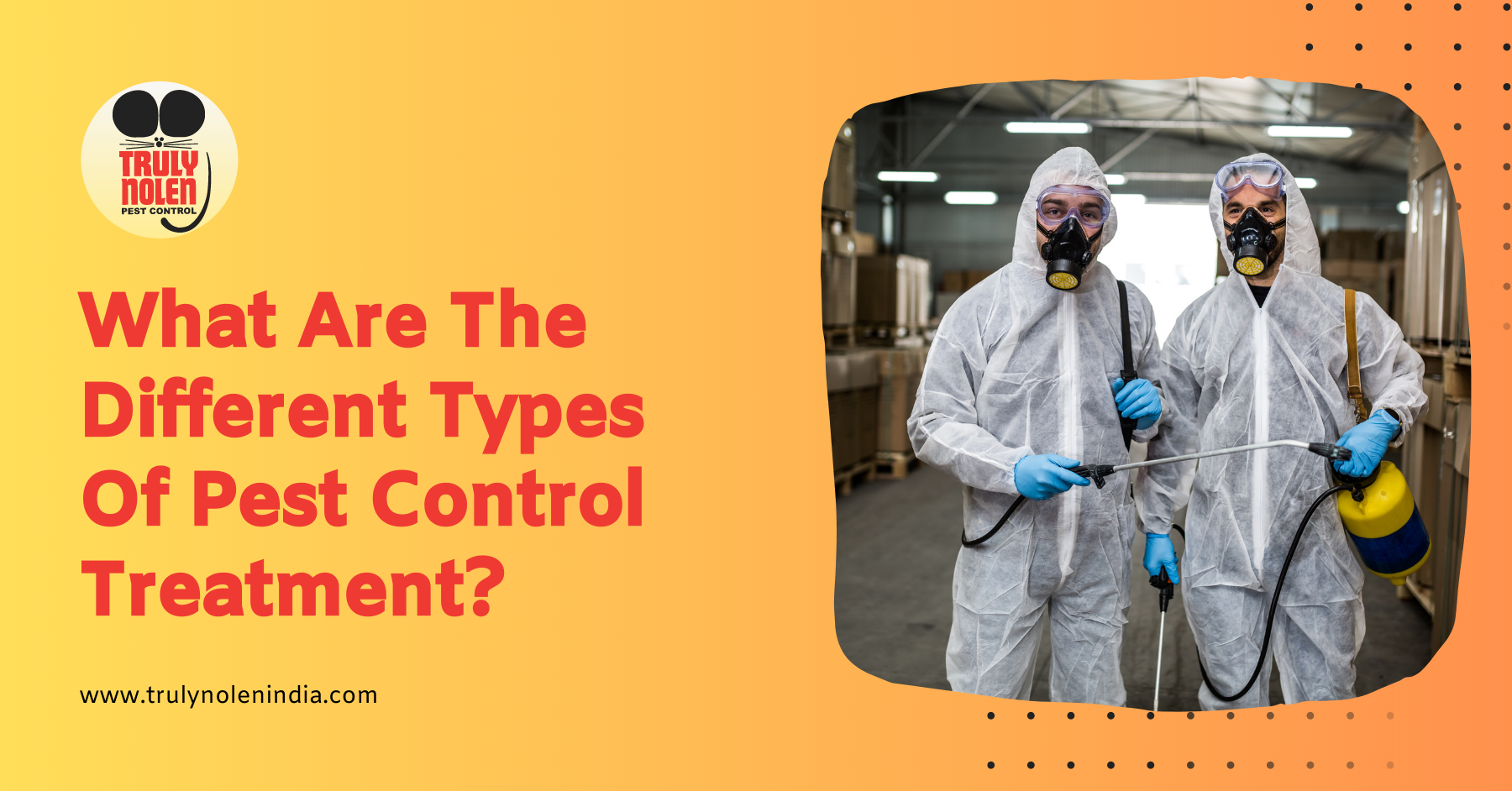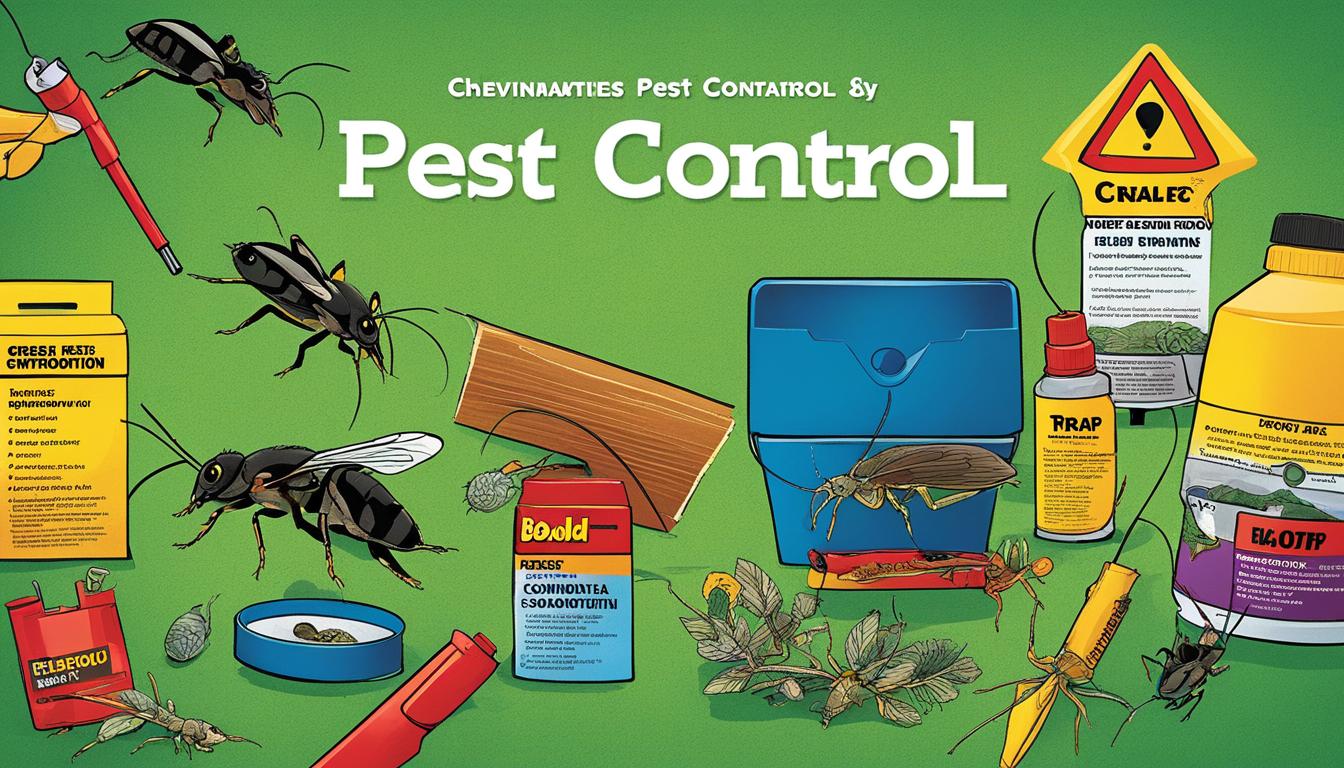Pest Control Can Be Fun For Everyone
Pest Control Can Be Fun For Everyone
Blog Article
Get This Report about Pest Control
Table of ContentsThe 10-Second Trick For Pest ControlWhat Does Pest Control Do?The Ultimate Guide To Pest Control4 Simple Techniques For Pest ControlPest Control Things To Know Before You Buy
Limitations of Chemical Management Be able to examine bug troubles, identify if monitoring is required, and make ideal recommendations utilizing IPM techniques. Be familiar with various methods of parasite monitoring - their advantages and constraints.This chapter talks about (IPM), an approach that makes use of understanding about parasites and their, practices, nonchemical techniques, and pesticides to handle bug issues. Added information about IPM for particular plants is consisted of in chapters that focus on those plants. Nonchemical pest control procedures are stressed in phase 17, "Organic Gardening." Taking care of birds and creatures is covered in phase 20, "Wild animals." Taking care of in the backyard and yard is covered in chapter 6, "Weeds." Parasites in a garden or landscape might consist of insects and termites, weeds,, animals, and birds.
Pests and weeds, nevertheless, play a function in the. After growing a yard or establishing a grass, the all-natural process of plant sequence begins to restore and nonnative plants.
What we call "parasites" become part of a natural system at the workplace. An ecological community has no pests. Just humans consider particular varieties pests when they occur where they are not wanted. We will be a lot more effective in taking care of unwanted species when we recognize that these organisms comply with predictable patterns that we can use to our benefit.
The Ultimate Guide To Pest Control
Parasites vulnerable to a chemical were promptly eliminated, leaving resistant ones to reproduce and multiply. It ended up being clear that pesticides alone would certainly not fix all pest issues. Instead, overuse of chemicals created the development of resistant bugs. Researchers began to establish a brand-new strategy to pest control. This brand-new approach was called integrated parasite management (IPM).
An IPM plan permits some degree of parasites in the atmosphere. Parasites are a lot less likely to make it through a program that uses various approaches of lowering their populations. Integrated parasite administration was first suggested by entomologists since insects were the very first group of insects to confirm difficult to take care of with chemicals alone.
parasite and host accurately. and consider financial or aesthetic injury. A limit is the point at which action ought to be taken. a therapy strategy making use of mechanical, social, biological, or chemical controls, or a mix of these strategies. have a peek at this website success of treatments. IPM has actually expanded beyond bugs to monitoring of all pest populations: weeds, illness microorganisms, and mammals.
Our Pest Control PDFs
Management rather than elimination of insects is the objective. An IPM plan starts with a mindful assessment of each insect problem.
Clover growing in a lawn may be considered as an undesirable weed, but as a bean it is manufacturing nitrogen for the dirt and the blossoms are providing nectar to honey and other. Tolerance for some weeds might become part of an IPM strategy. may be eating the leaves of a plant, yet when they are determined as the larvae of Eastern tiger swallowtail butterflies, their damage might be tolerated so we can take pleasure in the beautiful butterfly.

The second most crucial tool in pest administration is early intervention. Reacting to troubles quickly, before they have time to increase, needs a much less significant intervention.
What Does Pest Control Do?
Lots of risk-free, sensible, nonchemical methods of plant protection and bug management might reduce or get rid of the need to spray. Other methods are most useful when used with pesticides. To apply monitoring techniques properly and to lessen losses, garden enthusiasts should recognize the kinds of parasites that assault plants and try these out understand pest biology.

Carrying out a dirt test and using just the advised quantity of fertilizer and lime makes the most of the advantage to the plant while decreasing problems connected to too much usage of fertilizer - Pest Control. Treatment the dirt with several inches of compost secures the plant in numerous ways: minimizing dirt water loss to evaporation, reducing weed competitors, giving nutrients, and creating an ideal environment for earthworms and microorganisms that maintain the soil loosened for origins and break down organic material to launch nutrients
If mulch touches the trunk, it can develop a means for voles, germs, and fungis to assault the plant. Do not utilize manure or garden compost that has actually not extensively decayed as a leading clothing due to the fact that it can urge undesirable pests. Research recommends that farming is detrimental to dirt structure.
Unknown Facts About Pest Control
If tilling is regarded necessary, consider doing it in the loss when the life cycles of many insects brings them near the surface area. At the surface, pests come to be subjected to the weather as well as birds and various other natural enemies.
Report this page